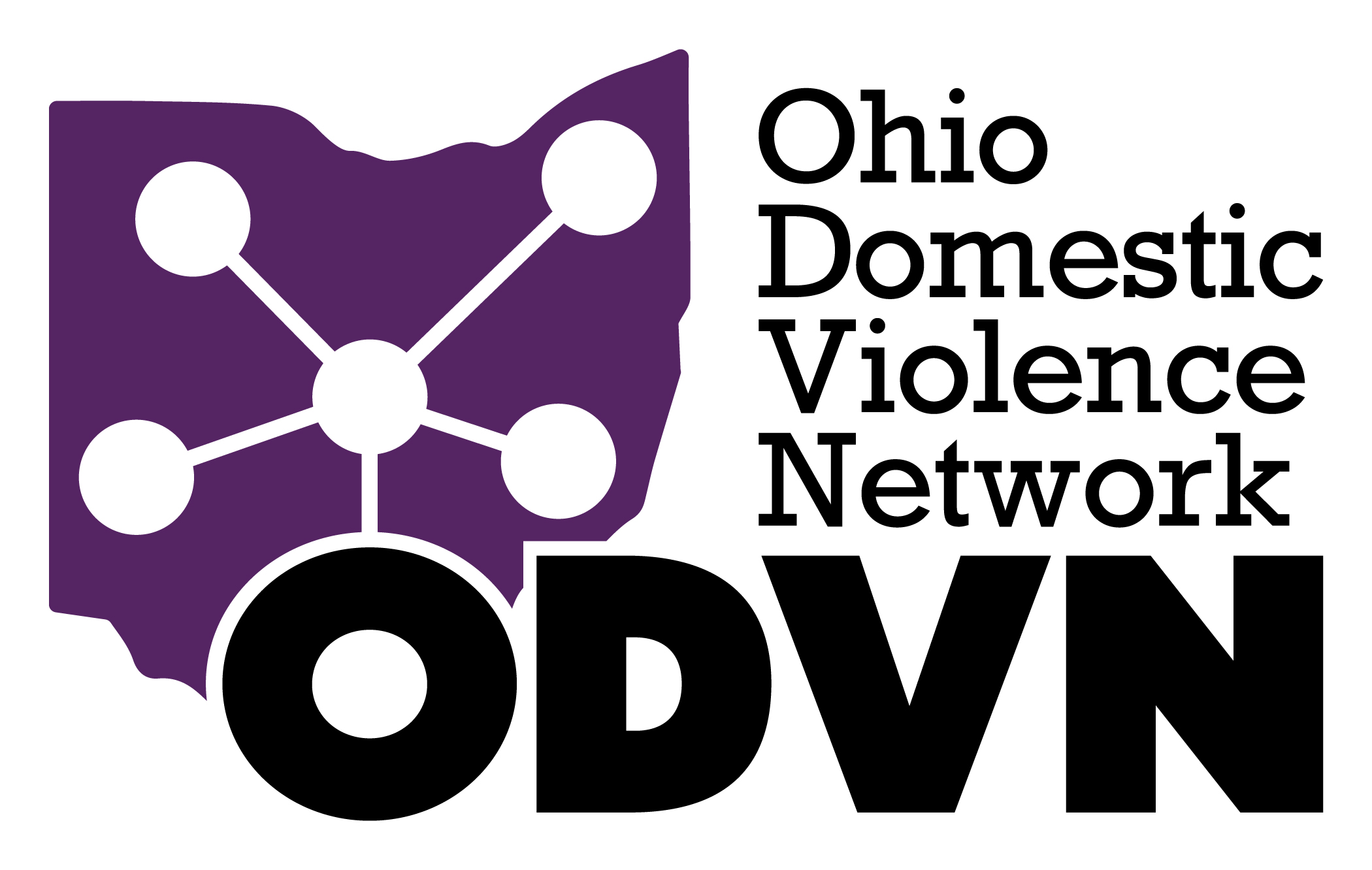Concussion assessment and care isn’t a solitary activity for healthcare professionals—you might find yourself working as part of a multidisciplinary team or partnering with professionals such as speech-language pathologists, pediatricians, primary care providers, athletic trainers, neurologists, domestic violence advocates, rehabilitation specialists and others to co-create the right care plan for patients.
These resources give insight into collaborating with fellow healthcare providers and other professionals who work with concussion patients to ensure patients are in the best possible hands—and you have the support you need.
Explore NEW Concussion Certificate Program for Healthcare Professionals
In partnership with several of our CAN healthcare partners, this CEU course is a great way to learn more about concussion care while fulfilling your continuing education requirements.
Become a CAN Champion
Sign up to become a Concussion Awareness Now Champion for your hospital, clinic, or center and we’ll keep you up to date with resources, tools, and additional education opportunities.


